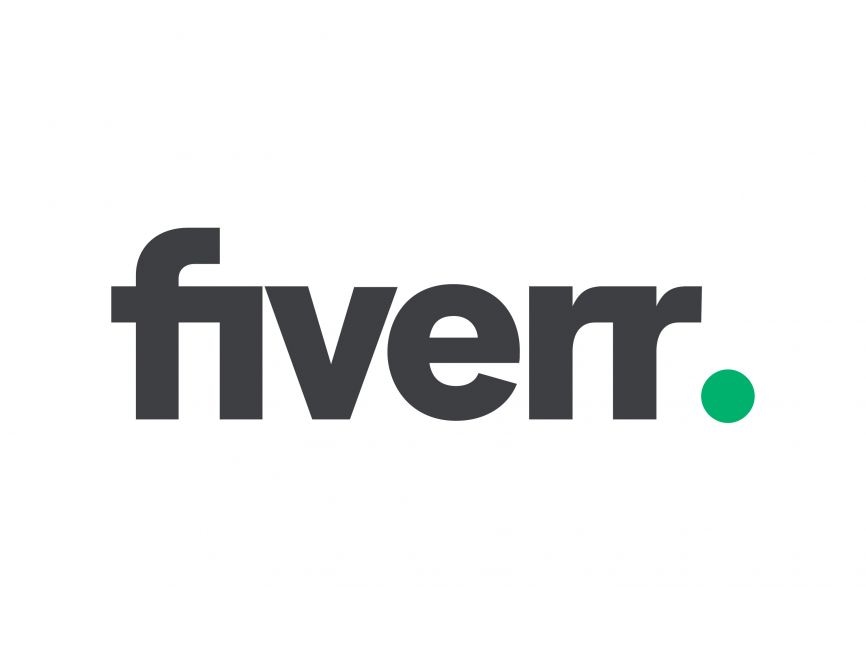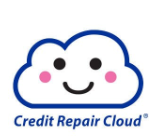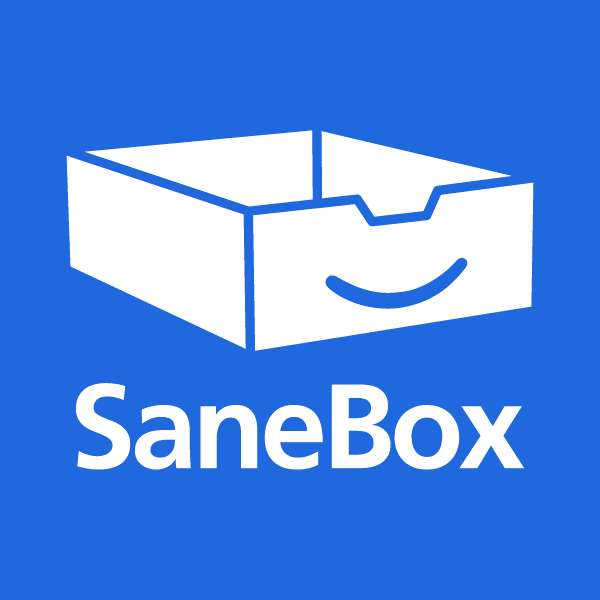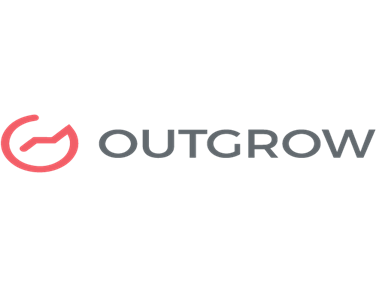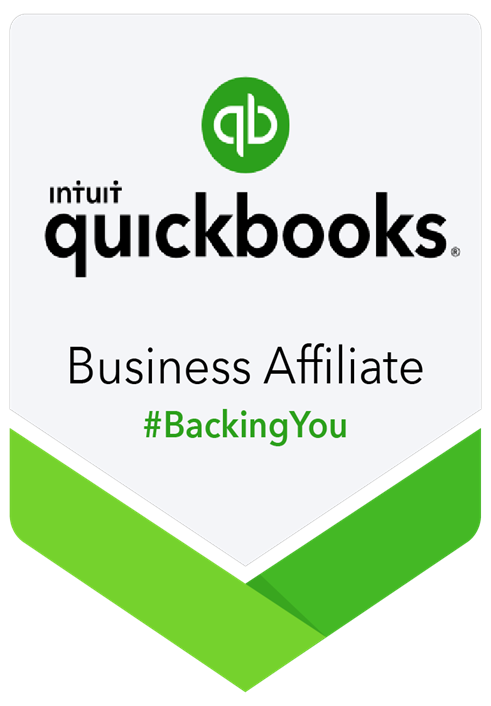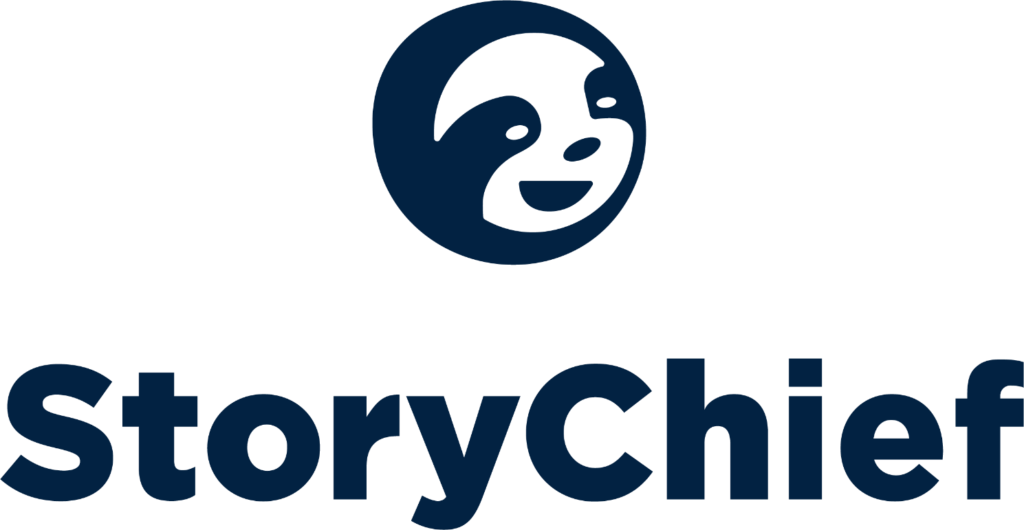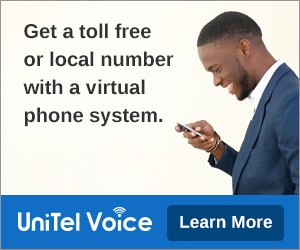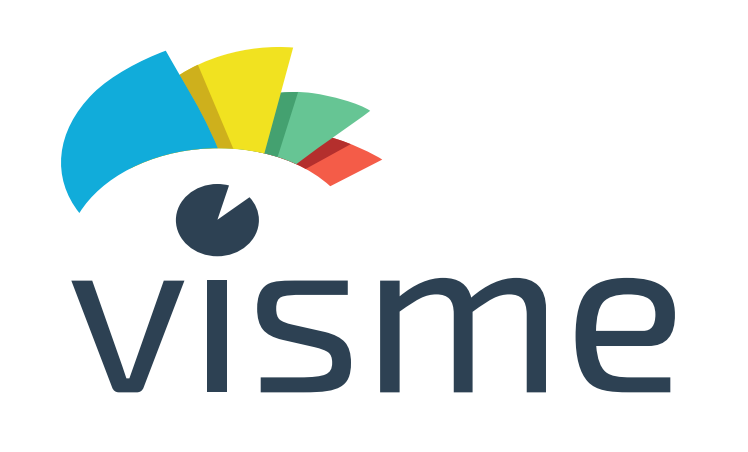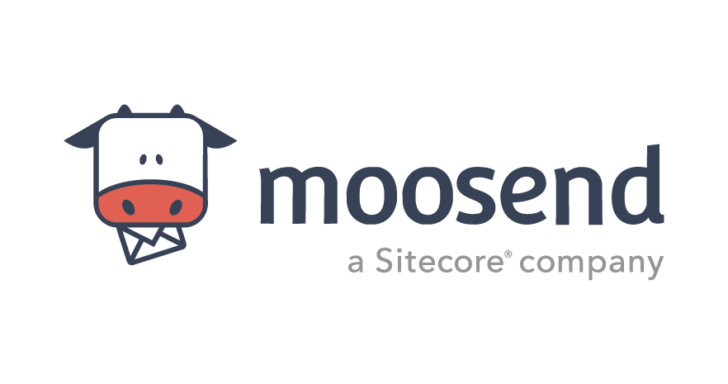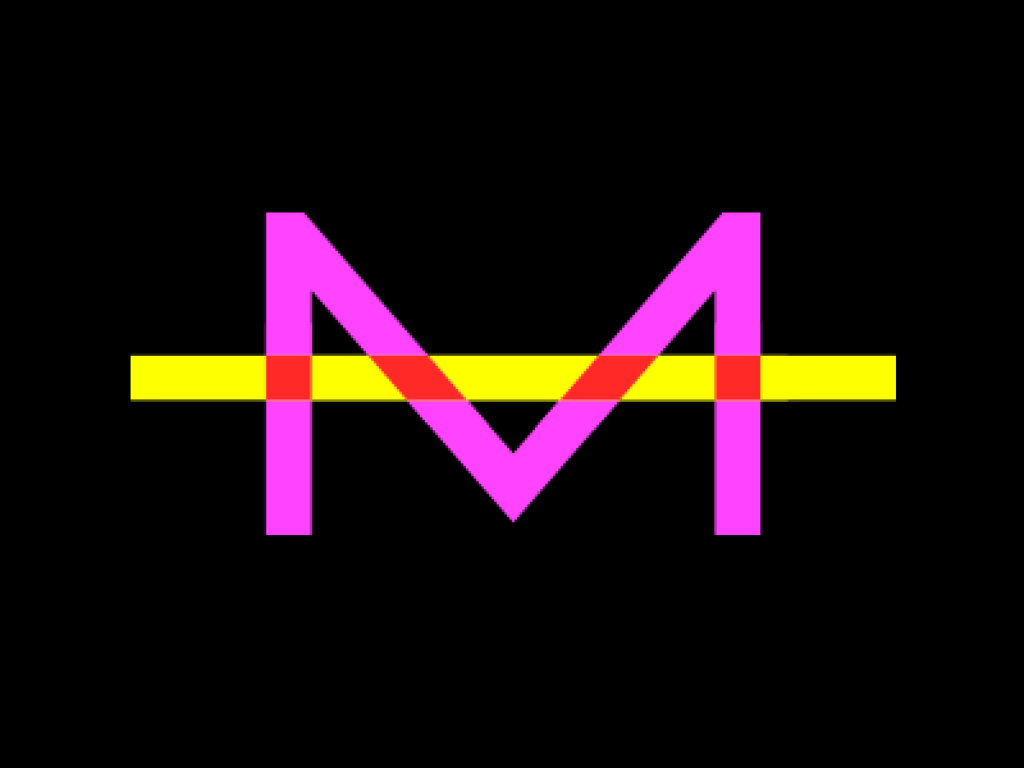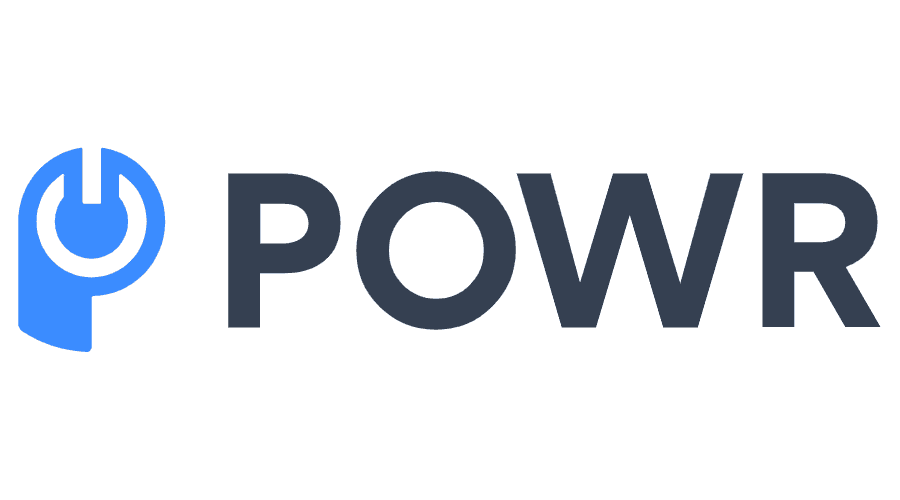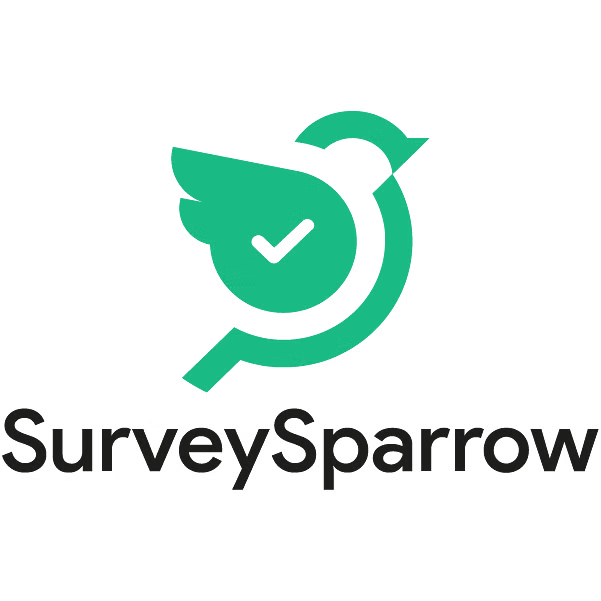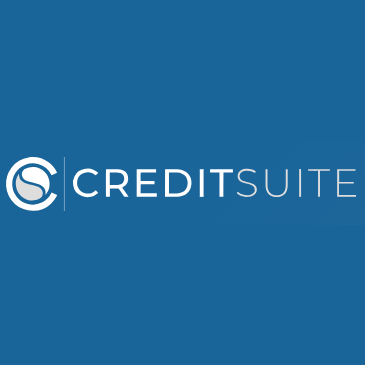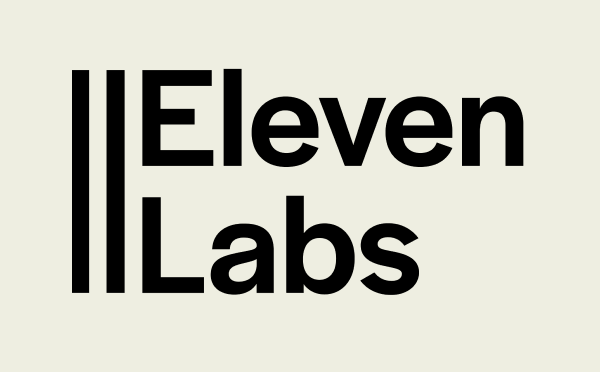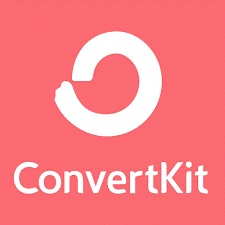How to Brand Yourself and Explode Your Business
Learn how to brand yourself effectively and skyrocket your business with these actionable tips. Discover powerful strategies for effective personal branding and watch your business soar. Elevate your visibility and draw in a larger customer base.

In a competitive business environment, standing out from the crowd is not just an option, it’s a necessity. Whether you’re an entrepreneur, a freelancer, or a professional aiming to take your career to the next level, branding yourself effectively can make all the difference. In this article, we’ll explore the ins and outs of personal branding and how it can help you survive and thrive in the business world.
Understanding the Power of Branding Yourself
What is Personal Branding?
Personal branding means creating a unique and compelling image of yourself in the minds of others. It’s about defining your uniqueness and how that differentiates you from the competition. Your personal brand is your reputation, and it can profoundly impact your success in both personal and professional spheres. It is the practice of creating and managing a distinctive and positive image or reputation for yourself. It involves showcasing your unique skills, experiences, values, and personality to differentiate yourself from others in both personal and professional contexts. Personal branding is similar to traditional branding, where companies create a specific image or identity for their products or services, but in this case, YOU are the brand!
Why is Personal Branding Important?
Imagine your personal brand as a lighthouse guiding potential clients or employers toward you in a sea of competitors. In today’s digital age, where information is abundant, and attention spans are short, a strong personal brand can be the key to capturing and retaining the attention of your target audience. Understanding your strengths, weaknesses, values, and goals is crucial for building a personal brand that is authentic and aligned with who you are. Identify what sets you apart from others in your field or industry. This could be a specific skill, expertise, or a combination of qualities that make you stand out. Your personal brand should reflect your true self. Being authentic is crucial in building trust and credibility with your audience. Explore books and even audiobooks on the topic.
Building Your Personal Brand

1) Self-Discovery and Definition
Before you can brand yourself effectively, you need to clearly understand who you are and what you want to achieve. Self-discovery and personal definition are fundamental aspects of personal branding. They involve understanding who you are, what you stand for, and what makes you unique. Self-discovery is the process of gaining insight into your own personality, values, strengths, weaknesses, passions, and life experiences. It involves introspection and self-reflection to uncover your authentic self and identify what truly matters to you. Self-discovery helps you understand your motivations, aspirations, and the kind of impact you want to make in your personal and professional life. It can involve seeking feedback from others, keeping a journal, or engaging in activities that help you learn more about yourself.
The definition of personal branding is the conscious articulation of who you are and what you represent as an individual. It’s about defining your unique value proposition. It includes identifying your core values, mission, vision, and the key qualities or attributes that set you apart from others in your field. Your personal definition serves as the foundation for your personal brand, providing clarity and direction for how you want to be perceived by others. It guides your choices, behaviors, and actions in both your personal and professional life, helping you maintain consistency in your brand image.
Within the context of personal branding, self-discovery and personal definition are essential because they enable you to create an authentic and compelling brand identity. Your personal brand should be a true reflection of who you are, not an artificial image or persona. When you have a deep understanding of yourself and your values, you can communicate your personal brand more effectively and attract an audience or opportunities that resonate with your authentic self.
Ask yourself questions like:
- What are my professional and personal goals?
- How do I want to be perceived by others?
- What is my unique story or journey that can connect with others?
- What are my core values and principles?
- What are my strengths and weaknesses?
- What do I want to be known for in my industry?
Defining Your Target Audience
Just as a product or service is designed with a specific target market in mind, your personal brand should be customized to appeal to a particular audience. Identify your ideal clients, employers, or collaborators and understand their needs, preferences, and pain points. This knowledge will help you create a brand that resonates. By defining your target audience, you can customize your messaging, content, and marketing efforts to effectively reach and engage the people most likely to resonate with your personal brand or offerings. This approach can lead to better results and a more meaningful connection with your audience.
Defining your target audience is a critical step in building an effective personal brand or marketing strategy. Your target audience consists of the specific group of people who are most likely to be interested in what you have to offer, whether it’s your personal brand, products, services, or content. Here are steps to help you define your target audience:
1. Conduct Market Research:
Start by researching your industry, field, or area of interest. Gather information about the demographics, psychographics, and behaviors of potential consumers or followers. Look at existing data, such as market reports, industry studies, and competitor analysis, to gain insights into your target audience.
2. Identify Demographics:
Demographics include characteristics like age, gender, location, income, education, occupation, and marital status. Determine the demographic attributes of the people who are most likely to have an interest in what you offer.
3. Create Buyer Personas:
A buyer persona is a detailed, fictional representation of your ideal customer or audience member. Build one or more personas that encapsulate the key characteristics, needs, and preferences of your target audience.
4. Segment Your Audience:
Recognize that you may have different segments within your target audience. Segment them based on various criteria, such as demographics, interests, or purchase behavior. Tailor your messaging and strategies to create the unique needs of each segment.
5. Test and Refine:
As you implement your branding or marketing strategies, continuously gather data and feedback. Use analytics tools to track the performance of your content or campaigns and adjust based on what you learn. If you already have an existing audience or customer base, analyze their characteristics and behaviors to refine your target audience definition.

Crafting Your Unique Value Proposition
What sets you apart from the competition? Your unique value proposition (UVP) is the answer to this question. The special blend of skills, experiences, and qualities makes you stand out. Communicate your UVP clearly in your branding efforts to attract those who benefit most from your offer.
Crafting a unique value proposition (UVP) is a crucial step in personal branding and marketing. Your UVP is a concise statement that communicates the unique benefits and value you offer to your target audience. It answers the question: “Why should people choose you or pay attention to you?” Here’s how to create an effective UVP:
- For a Career Coach:
“Unlocking Your Full Potential: Guiding Professionals to Their Dream Careers.” - For a Health and Fitness Coach:
“Transform Your Life with Personalized Health Coaching: Achieve Your Fitness Goals, One Step at a Time.” - For a Content Creator:
“Entertaining, Informing, and Inspiring: Your Daily Source of Creativity and Knowledge.” - For a Business Consultant:
“Strategic Solutions for Business Growth: Your Partner in Success.”
Once you’ve crafted your UVP, incorporate it into your branding materials, website, social media profiles, and any marketing collateral. Your UVP should resonate with your target audience and leave a memorable impression that encourages them to engage with your personal brand of offerings.
2) Building Your Online Presence
In today’s digital age, your online presence plays a pivotal role in shaping your personal brand. Create and maintain a strong presence on social media platforms like LinkedIn, Twitter, and Instagram. Share valuable content, engage with your audience, and showcase your expertise. Having a personal website is like having your own virtual storefront. It’s a place to control your narrative and present your professional story fully. Ensure your website is visually appealing, user-friendly, and showcases your portfolio or accomplishments. Content is king in the digital world. Regularly create and share content that demonstrates your expertise and reflects your brand. Consistency is key, whether it’s blog posts, videos, podcasts, or social media updates.
Building a strong online presence is essential in today’s digital age, whether you’re establishing a personal brand, promoting a business, or pursuing career opportunities. An effective online presence can help you connect with your target audience, showcase your expertise, and build credibility.
Determine your objectives for being online. Are you looking to increase your visibility, share your expertise, find job opportunities, promote a business, or something else? Clear goals will guide your efforts. A personal website or blog is an excellent platform to showcase your expertise, portfolio, and personal brand. Choose a domain name that reflects your name or brand. Set up and optimize profiles on social media platforms relevant to your goals. Platforms like LinkedIn, Twitter, Instagram, and Facebook can be valuable for different purposes. Develop and share valuable content that aligns with your expertise and interests. This could include articles, blog posts, videos, infographics, or podcasts.
Build professional relationships by connecting with industry peers, mentors, and potential clients or employers. Optimize your website and content for search engines to improve discoverability. Use relevant keywords, meta tags, and high-quality backlinks. Building a strong online presence takes time and effort, but it can significantly enhance your personal brand or business. Be authentic, provide value to your audience, and continually refine your approach based on your goals and feedback.
3) Communicating Your Brand
People connect with stories, not statistics. Use storytelling to humanize your brand and make it relatable. Share your journey, challenges, and triumphs. Your audience will remember your story and be more likely to engage with your brand. Consistency in branding is vital. Ensure your brand message, visuals, and tone remain consistent across all touchpoints, from your social media profiles to your email signature. Consistency builds trust and credibility.
Don’t just talk to your audience; engage with them. Respond to comments and messages promptly, ask for feedback, and genuinely connect with your followers. Building relationships fosters loyalty. Your personal brand is not set in stone. Your brand can evolve as you grow and evolve in your career. Be open to adapting your brand strategy as your goals and audience change.
Communicating your brand effectively is crucial for building a strong and recognizable personal or business identity. It involves conveying your unique value, personality, and purpose to your target audience in a consistent and compelling manner. Effective brand communication is an ongoing process that evolves as your brand grows and changes. By consistently communicating your brand identity and providing value to your audience, you can create a strong and lasting connection with your target market. Should you begin to have any trouble, there is a service called BrandYourself that can offer Reputation Management
Service. They offer a Free Scan for Risk Factors.
Conclusion
Branding yourself is your ticket to standing out and thriving in your business or career in a world saturated with options. Investing time and effort into understanding who you are, defining your target audience, and crafting a compelling brand image can create a magnetic presence that attracts opportunities and success. Ultimately, personal branding is about creating a perception of yourself that aligns with your goals and values, whether those goals are related to career advancement, entrepreneurship, or personal development. It can help you stand out, build a strong professional reputation, and open up opportunities in your chosen field.
Remember, personal branding is not a one-time task but an ongoing process. Stay true to your values, authenticate with your audience, and be open to evolution. As you do, you’ll find that your brand can propel you to new heights, allowing you to explode your business and achieve your goals.
So, are you ready to embark on your personal branding journey? Start now and watch your business soar to new heights with the power of a strong and authentic personal brand.
***This article contains affiliate links for which we may be compensated for if you make a purchase at no additional cost to you.



